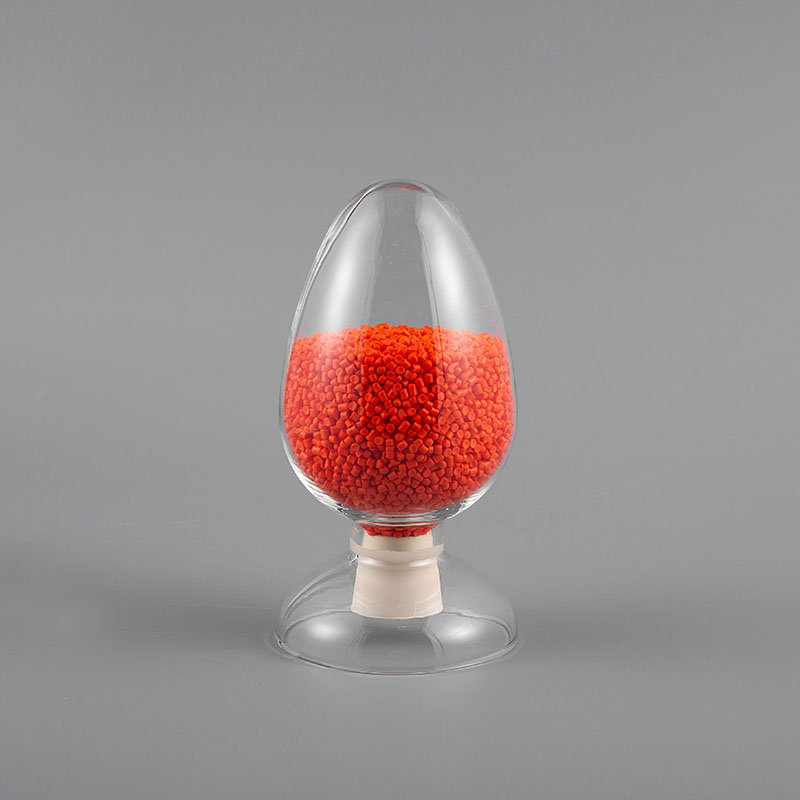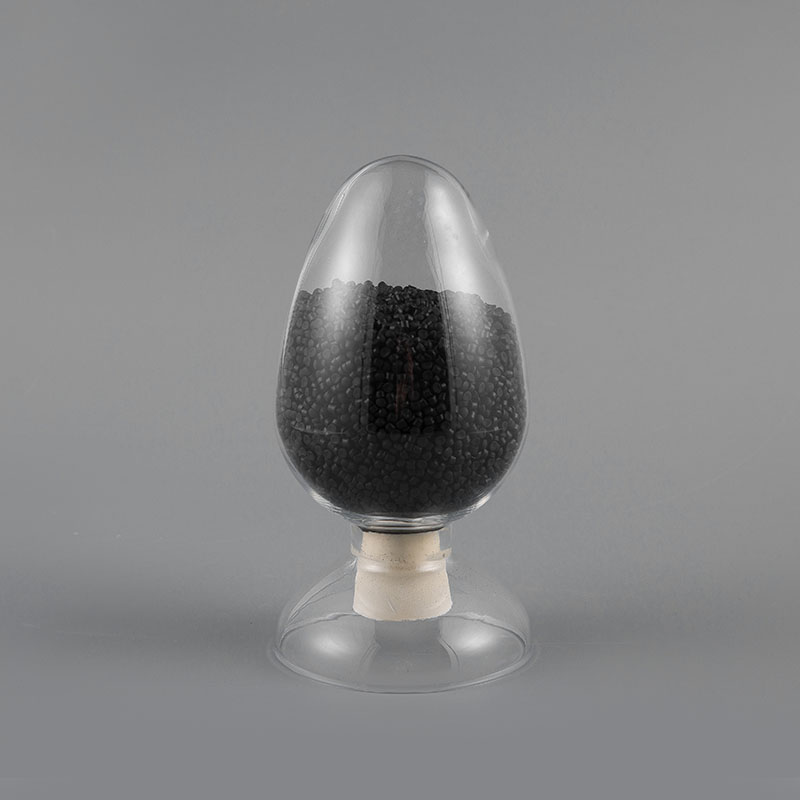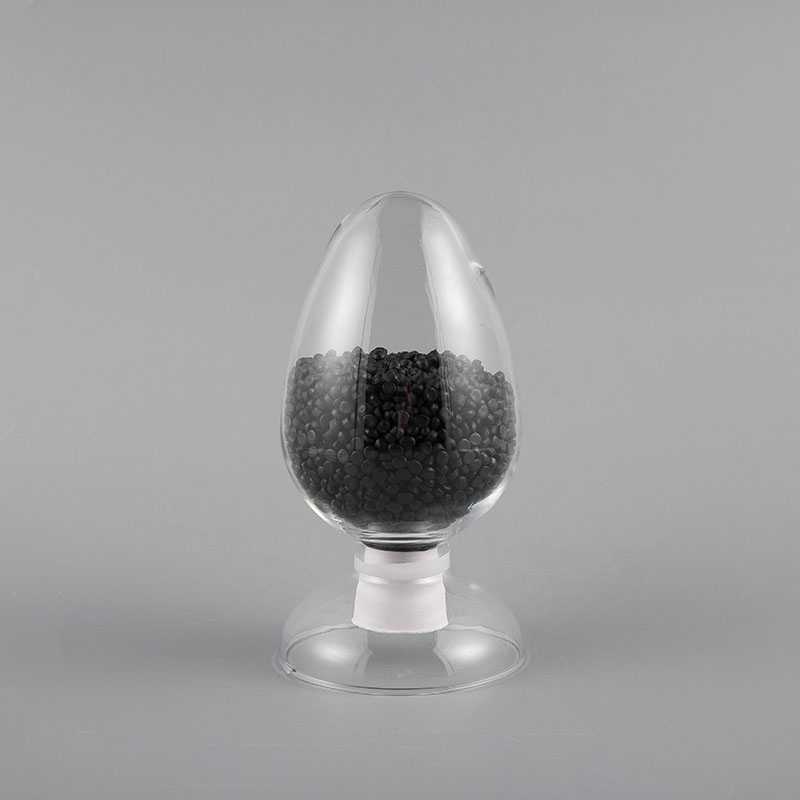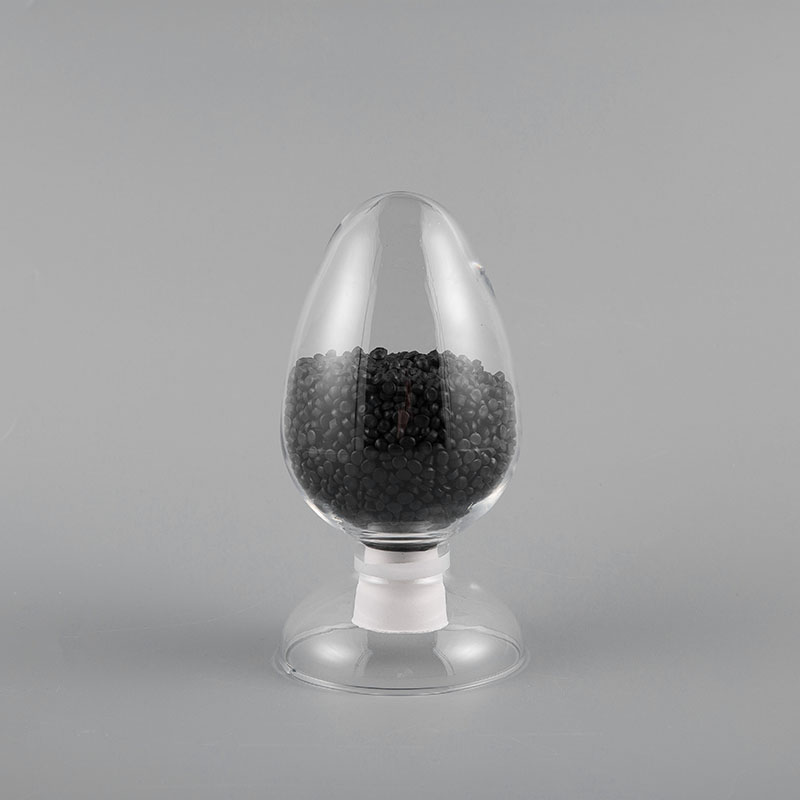High Voltage, Ultra-High Pressure Heating Cable Compounds & Medium/Low Voltage Heating Cable Compounds
Polyvinyl Chloride (PVC) sheath plastic compounds are widely used in the electrical cable industry due to their excellent insulation properties, durability, and cost-effectiveness. These compounds are specially formulated to meet the demanding requirements of various applications, including high-voltage (HV), ultra-high pressure (UHP), and medium/low-voltage (MV/LV) heating cables.
V-90 90℃ Australian Standard PVC Insulation Compound
1. PVC Sheath Compounds for High Voltage & Ultra-High Pressure Heating Cables
High-voltage and ultra-high-pressure heating cables require robust insulation and sheathing materials to withstand extreme electrical and mechanical stresses. PVC compounds designed for these applications offer:
Excellent Dielectric Strength: Ensures reliable insulation even under high electrical loads.
Thermal Stability: Resists degradation at elevated temperatures.
Chemical & Moisture Resistance: Protects cables from harsh environments, including oil, acids, and water ingress.
Mechanical Durability: Withstands high-pressure conditions without cracking or deformation.
These compounds are commonly used in industrial heating systems, underground power transmission, and oil & gas applications where cables are exposed to extreme conditions.
2. PVC Sheath Compounds for Medium/Low Voltage Heating Cables
Medium and low-voltage heating cables, often used in residential, commercial, and light industrial applications, benefit from PVC sheath compounds that provide:
Flexibility & Ease of Installation: Suitable for tight spaces and complex routing.
Flame Retardancy: Enhances safety by reducing flammability risks.
UV & Weather Resistance: Ideal for outdoor and indoor applications.
Cost-Effectiveness: Balances performance with affordability for widespread use.
These cables are typically found in floor heating systems, pipe tracing, and temperature maintenance in HVAC systems.


 English
English 中文简体
中文简体 русский
русский







